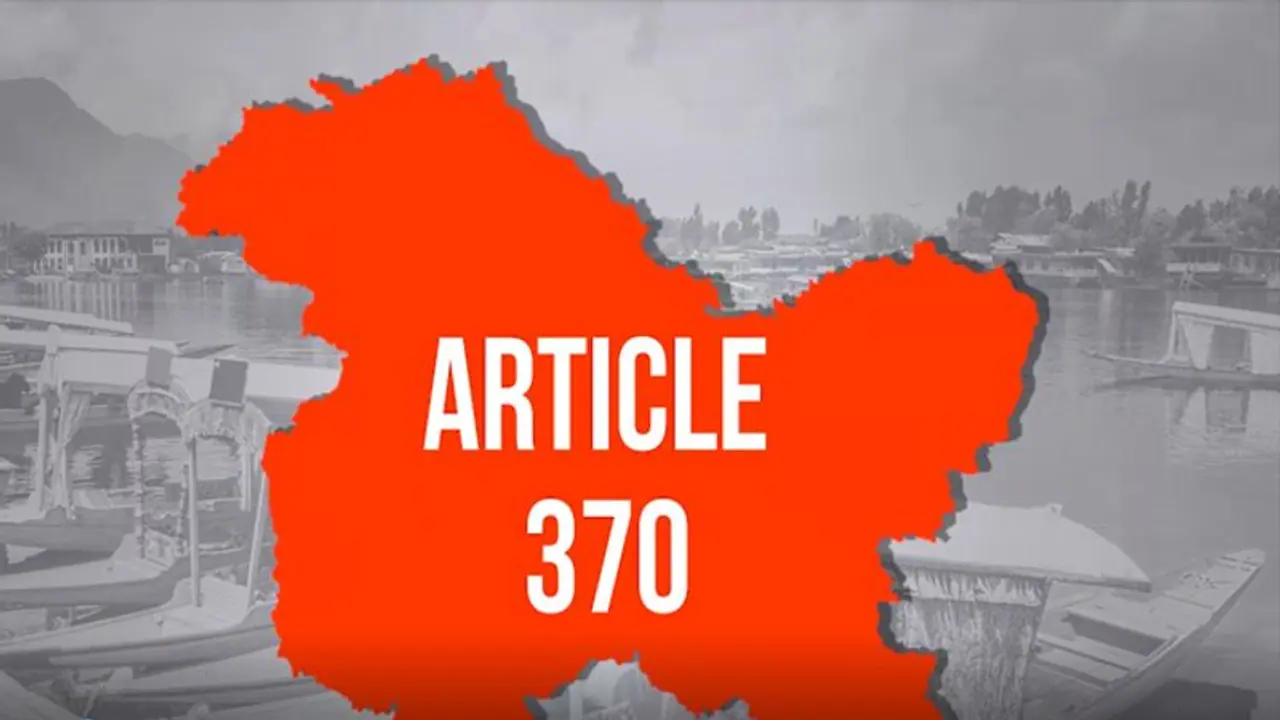A day after Article 370 was scrapped, several political leaders, including various opposition leaders lauded the Centre and claimed that it was a much-needed decision for Jammu and Kashmir
London: The United Kingdom (UK) government, on Tuesday (August 6), said that it had been monitoring the situation in Kashmir closely, and called for calm as the country's parliamentarians echoed some of the wider divisions over India's decision to revoke Article 370 and bifurcate the state of Jammu and Kashmir.
On Monday (August 5), the Narendra Modi government revoked Article 370 which gave special status to Jammu and Kashmir and proposed that the states will be bifurcated into two union territories, Jammu and Kashmir, and Ladakh.
"We are following developments closely and support calls for the situation to remain calm," said a Foreign and Commonwealth Office (FCO) spokesperson, about the issue which has led British MPs to express both "grave concern" and "strong support".
The chair of Britain's All Party Parliamentary Group (APPG) on Kashmir has written to UK foreign secretary Dominic Raab to flag the human rights concerns and ask if the UK will be raising the issue at the next UN Security Council in September.
"We are gravely concerned at the announcement by Indian home minister, Amit Shah, that Article 370 of the Indian Constitution, which grants special status to Jammu and Kashmir, has been removed by Presidential Order," Debbie Abrahams, an opposition Labour Party MP and Chair of the APPG on Kashmir, notes in her letter to the FCO minister.
"The unilateral decision made by the Indian government to remove Article 370 betrays the trust of the people of Jammu and Kashmir, dating back to the accession of 1947, and threatens to escalate tensions in the region even further. It also contravenes international law," she said, calling on the senior minister to urgently inform Britain's MPs of the representations being made by the UK on the issue.
Abrahams also issued a letter to the Indian High Commissioner to the UK Ruchi Ghanashyam, calling for a meeting to discuss the position of the Indian government even as she drew parallels with the United Kingdom's devolved government with regions such as Scotland.
She called for a "moratorium" to allow the citizens affected by the action to have their say and asked that international observers be sent to the region.
